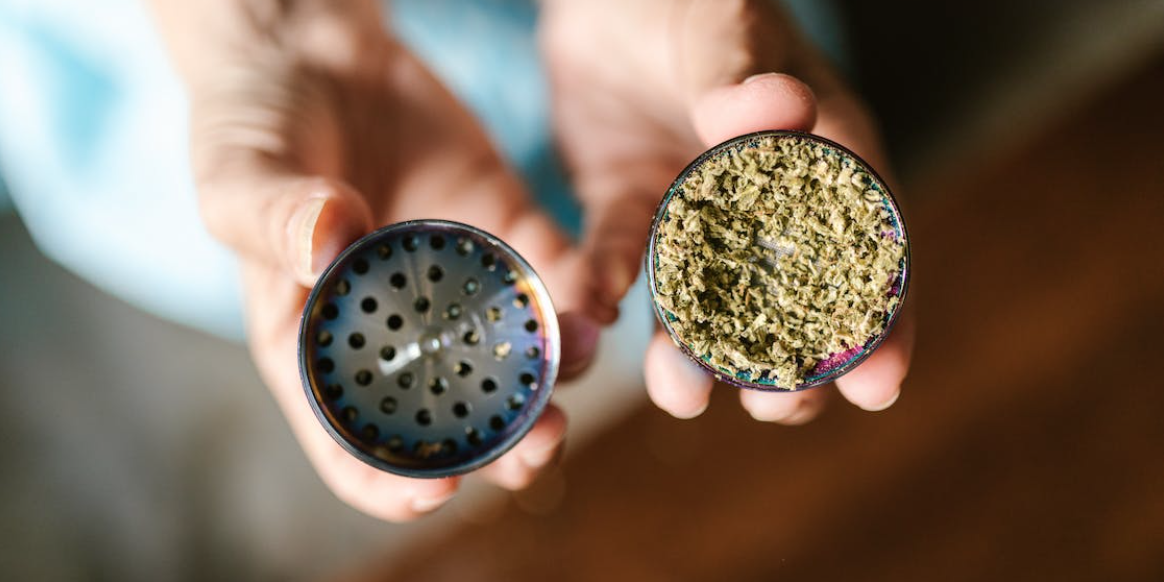Cannabidiol (CBD) and delta-9-tetrahydrocannabinol (THC) are two of many cannabinoids present in the cannabis plant.
In the body, they interact with cannabinoid receptors to help treat or limit the effects of various conditions. In some circumstances, THC can also have a psychoactive effect.
Cannabinoids refer to substances in the cannabis, or Cannabis sativa, plant. Besides CBD and THC, researchers have identified more than 100Trusted Source other cannabinoids that can influence the human body. Potential uses of these cannabinoids can include treating the following:
- pain
- nausea
- cancer
- appetite loss and eating disorders
- epilepsy
- spinal cord injury
- glaucoma
- multiple sclerosis
- Tourette syndrome
- anxiety
- post-traumatic stress disorder (PTSD)
- irritable bowel syndrome (IBS)
- sleep problems
Though CBD and THC interact with the endocannabinoid system, there have some important differences. Notably, unlike THC, CBD lacks the psychoactive effects that many people may associateTrusted Source with the characteristic high of cannabis.
This article explains more about the differences between CBD and THC.
Despite both being cannabinoids, CBD and THC interact with slightly different cannabinoid receptorsTrusted Source in a person’s brain.
Evidence notes that THC can bind to the main cannabinoid receptors as it has a similar chemical structure to anandamideTrusted Source. This chemical belongs to a group of cannabinoids that the body naturally produces, known as endogenous cannabinoids or endocannabinoids. Due to this structural similarity, THC is able to interact with these receptors and cause the high people associate with using cannabis recreationally.
Unlike THC, CBD does not create the high sensation that people associate with cannabis use. Experts are not exactly sure how CBD interacts with receptors but believe it binds differently to THC. Instead, CBD may increase the effects of other cannabinoids or binds to other receptors that researchers have not yet discovered.
Where do they come from?
Both CBD and THC are naturally present in cannabis plants. However, different species of these plants may contain varying levels of cannabinoids. For example, when a person takes a CBD dominant version of medical cannabis, they are using CBD from hemp, which is a specific variety of the Cannabis sativa plant.
The main difference between hemp and other cannabis plants is their amount of THC. The 2018 Farm BillTrusted Source considers C. sativa plants with less than 0.3% THC as hemp. Other strains will typically contain more THC and less CBD. A 2016 analysis notes that the average potency of cannabis plants rose from roughly 4% in 1995 to 12% in 2014. From 2001–2014, the average CBD levels decreased from 0.28% to less than 0.15%.
Benefits
CBD and THC have similar effects on treatingTrusted Source medical conditions. However, there is some variation in the uses of each substance.
People typically use CBD to help treat the following:
- inflammatory bowel disease
- seizures
- depression
- inflammation
- psychosis or mental disorders
- migraine
THC has potential uses in treating some of the following:
- glaucoma
- muscle spasticity
- low appetite
- insomnia
People may use either to help treat:
- pain
- anxiety
- nausea
Legality
Many states in North America have approved of people having at least limited use of medical cannabis. Each state varies slightly on how they define and regulate the legal use, prescription, or sale of cannabis. There is no federal law allowing the legal use of medical cannabis. As a result, it is illegalTrusted Source to use or prescribe medical cannabis in any state that does not have a law allowing people to do so.
Several states have approved the use of cannabis for recreational purposes. As with medical cannabis, recreational usage is not legal federally.
A person should research the laws in their state before acquiring medical cannabis. If the state does not explicitly allow its use, a person could face legal issues for obtaining or using cannabis for medical or any other purpose.
Laws surrounding the use of medical and recreational cannabis are changing rapidly. A person who is considering using CBD or THC should check their local laws regularly as they may change or be changing.
Source: medicalnewstoday
Image: Pexels







